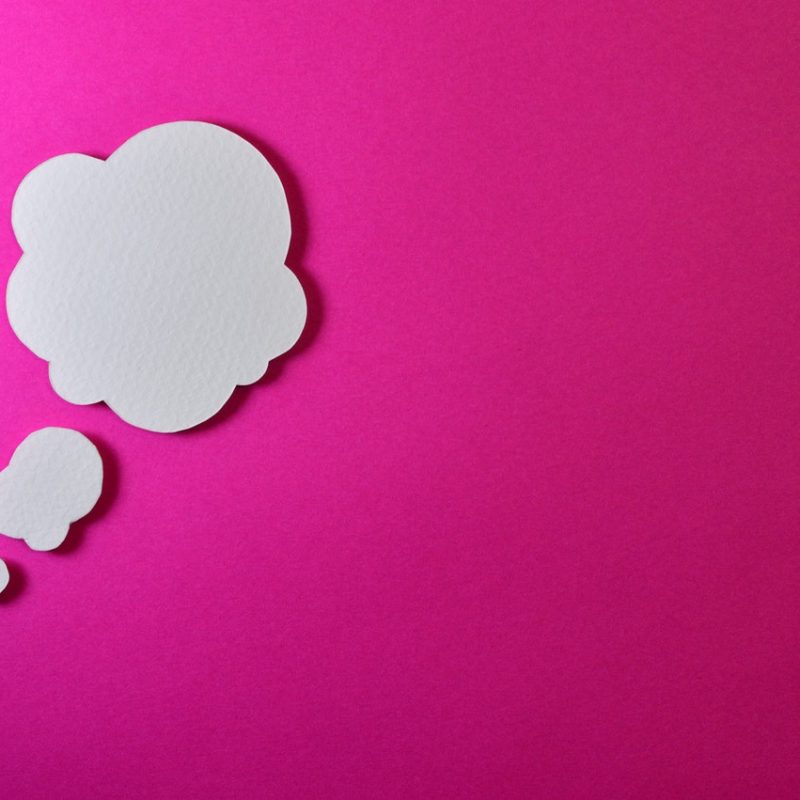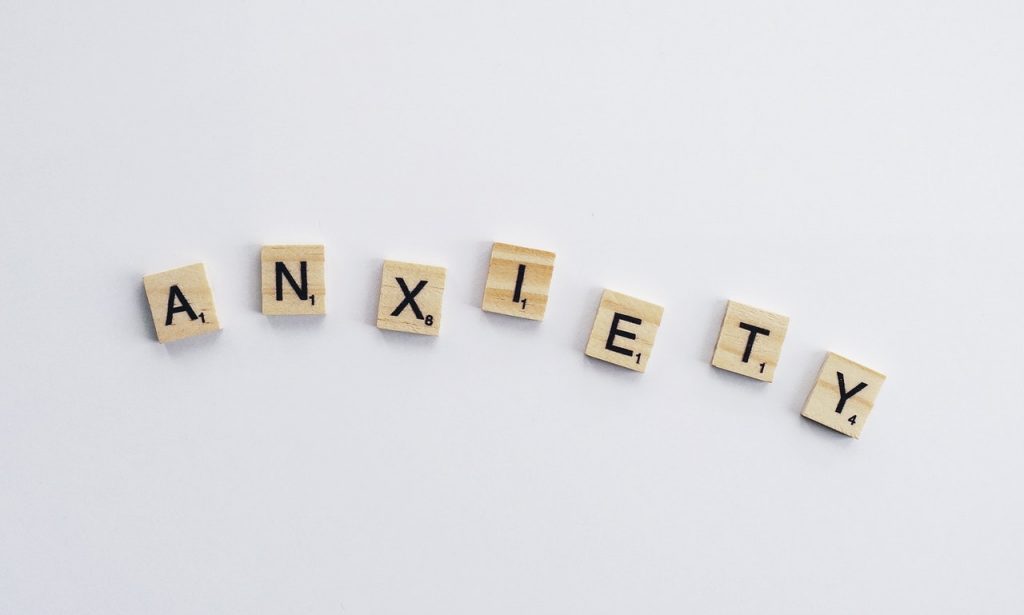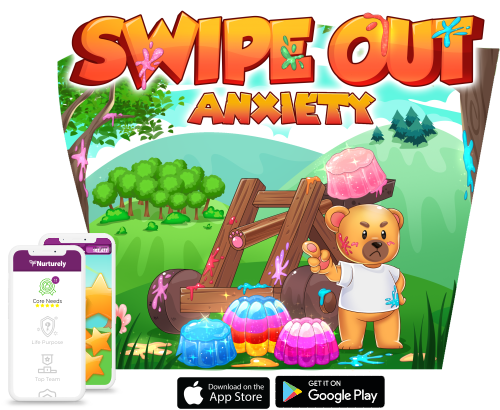Anxiety and Cognitive Behavioral Therapy (CBT)


Anxiety has been around well since forever but it wasn’t until the 1960’s that a structured approach was developed to treat anxiety and other mental health disorders. Treating anxiety with cognitive behavioral therapy (CBT) has proved very successful.
What is anxiety?
Anxiety is the body’s natural way of letting us know we are in danger. To keep us safe from say being hit by a car. However though thought we can essentially trick the brain into thinking we are in danger when in fact we are not. This causes all the same physiological responses or real life threatening danger. You may experience shaking, fast heart rate, and sore muscles etc.
What is Cognitive behavioural therapy?
The idea of CBT is that people’s emotions and behaviours can be influenced by their perceptions of events. When looking at anxiety, it’s not the event or situation that make people feel the way they do rather how they perceive the situation.
CBT is focused on understanding someone’s mental distress and eventually teaching the sufferer to be in essence, “their own” therapist. By helping them understand and identify their ways of thinking and behaving and giving them the tools to a healthier more balanced way of thinking and acting.
The way we think about things and what we think about is broken down into 3 levels:
- Core beliefs – what we believe about ourselves, others and the world around us.
- Dysfunctional assumptions – rules we adopt for our lives
- Negative automatic thoughts – involuntary thoughts, typically negative in theme
Anxiety and Cognitive Behavioural Therapy (CBT)
The idea in using CBT to help with anxiety is to help identify and address how an anxiety sufferer’s thoughts and behaviours are linked to their anxiety. And ultimately teach them methods to change beliefs and attitudes to minimize or eliminate the anxiety altogether.

Cognitive Behavioral Therapy (CBT) includes:
- Identifying sources of anxiety
- How to recognize the differences between productive and unproductive worries
- Learning relaxation and breathing techniques.
- Identifying anxiety triggers
- Learning about anxiety and the brain
- Understanding negative thoughts
- Challenging negative thoughts
- Understanding emotions
- Exposure therapy techniques
Anxiety and Cognitive behavioural Therapy (CBT) has had great success since its development in the 60’s. Dealing with thoughts, emotions, and behaviours to reduce anxiety through understanding, techniques, and practical application.
Reduce Stress & Anxiety

Join the BETA Program!
Swipe away your anxiety as you advance through the many islands of fun challenges. Unlock the islands mysteries, and ultimately improve your own happiness and wellbeing






